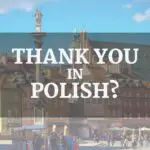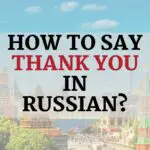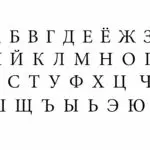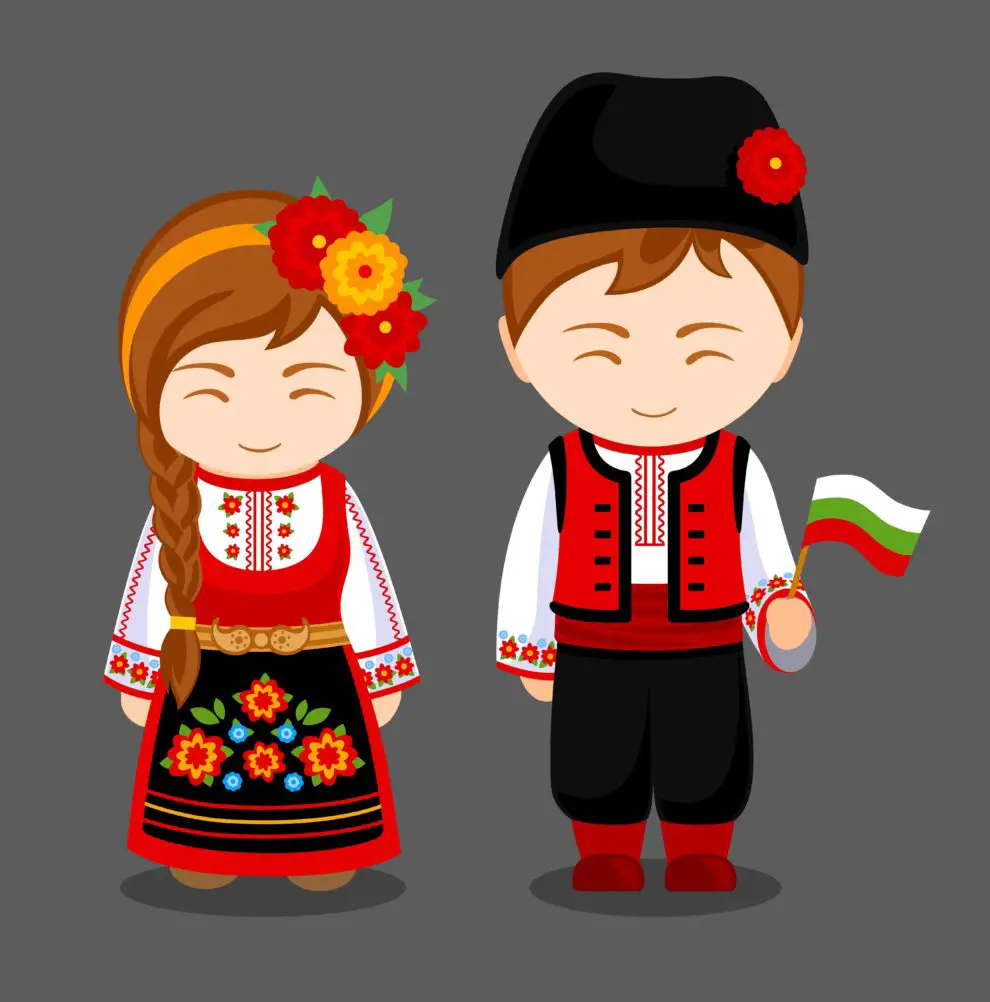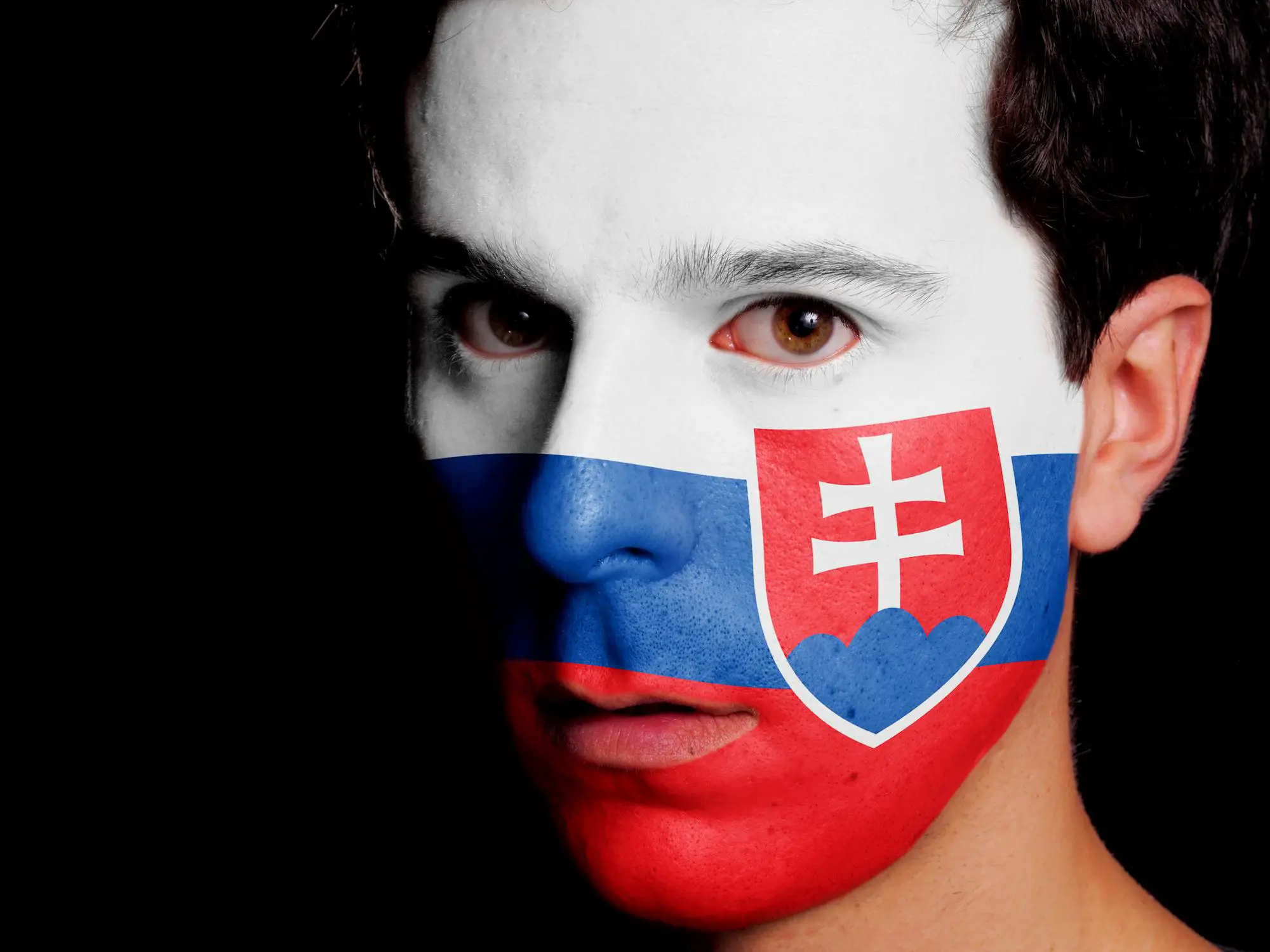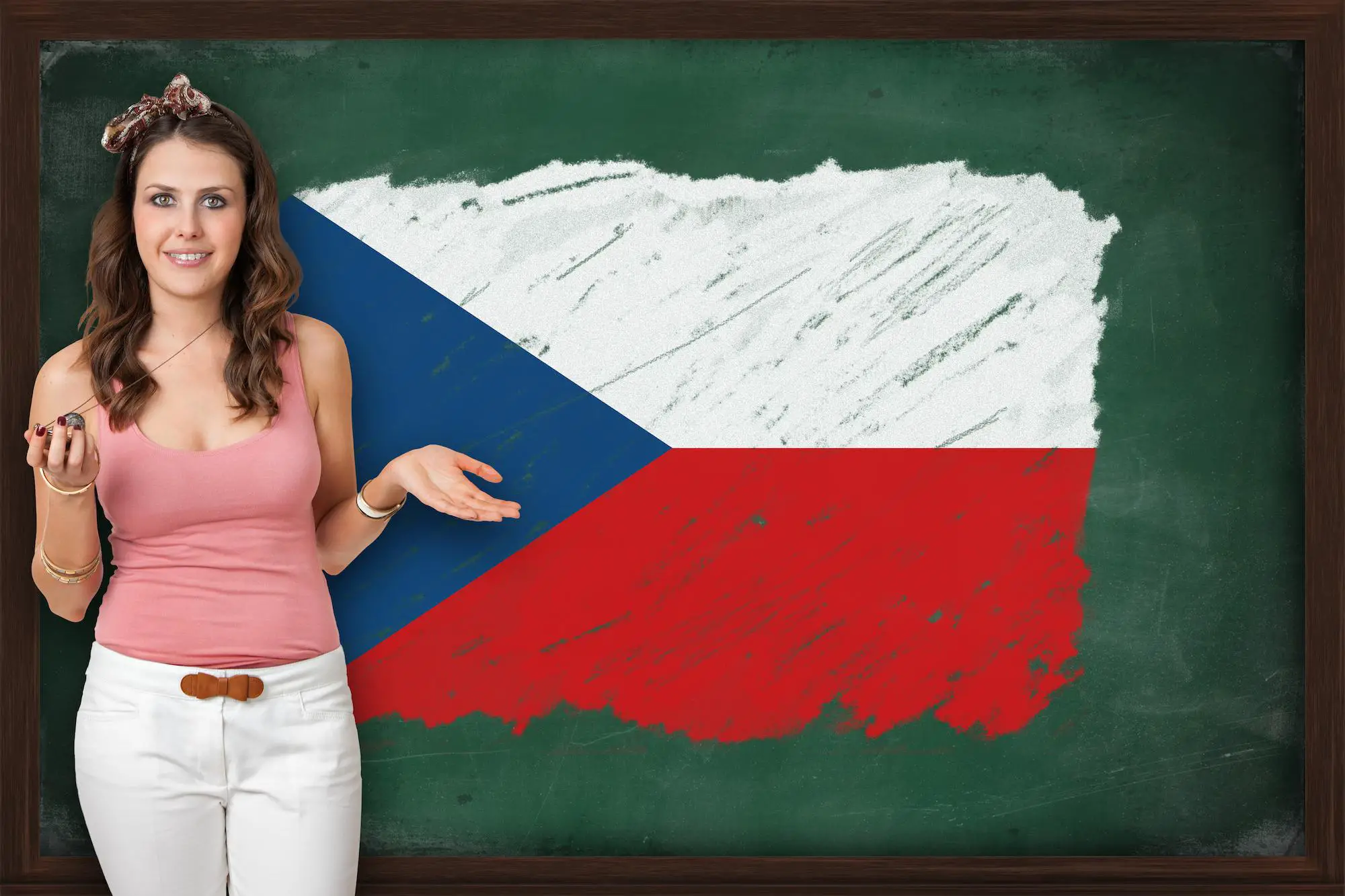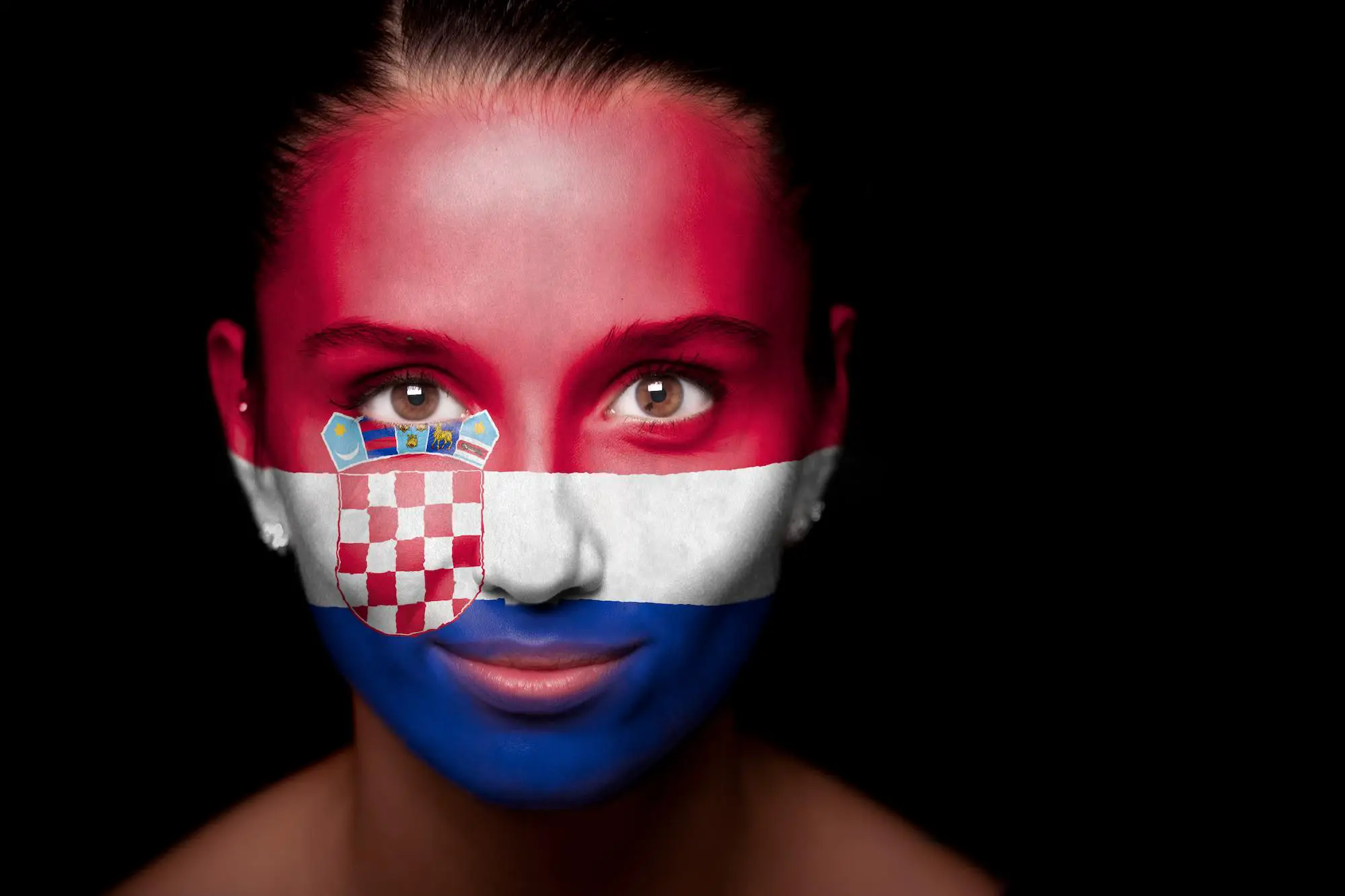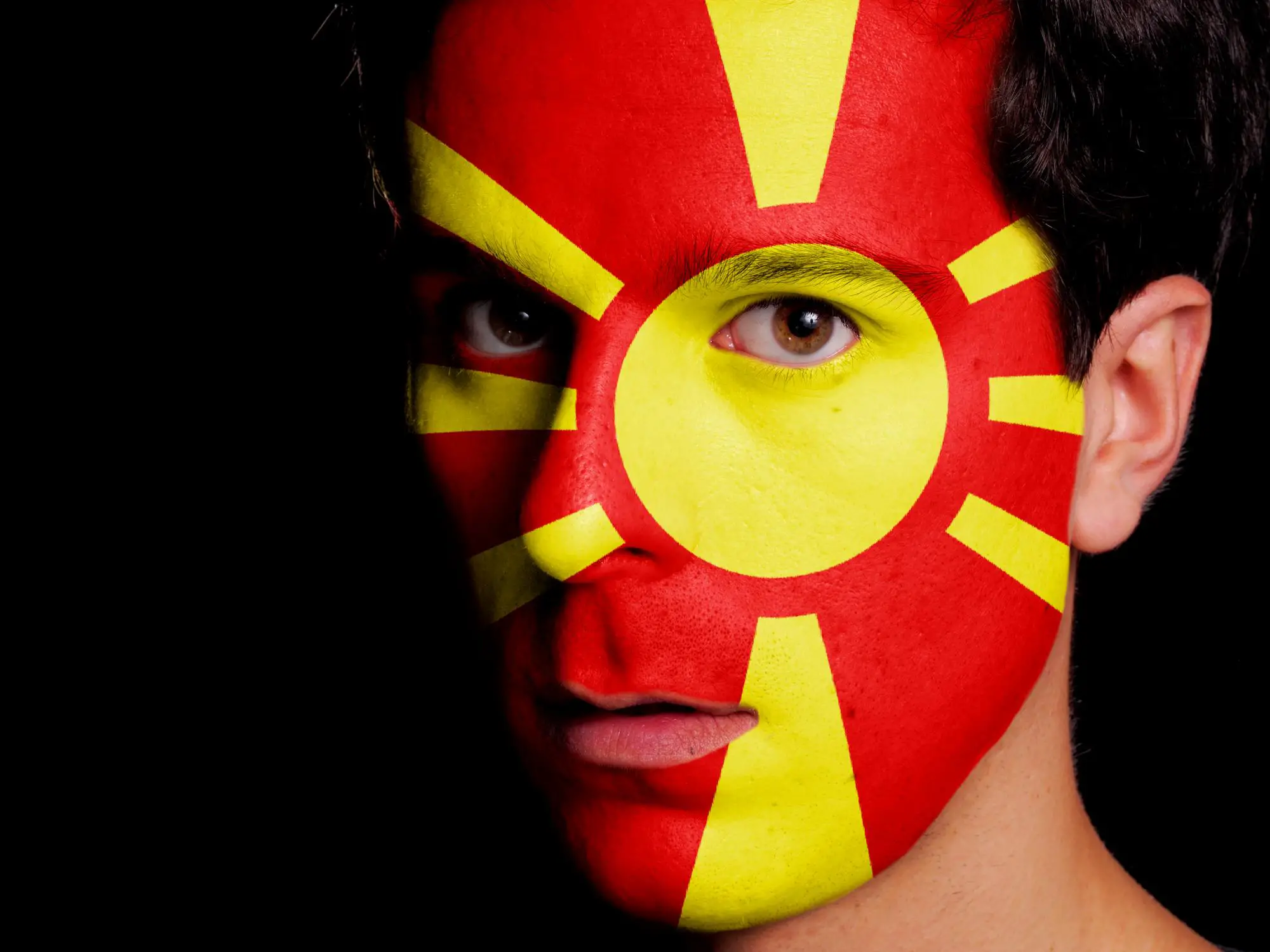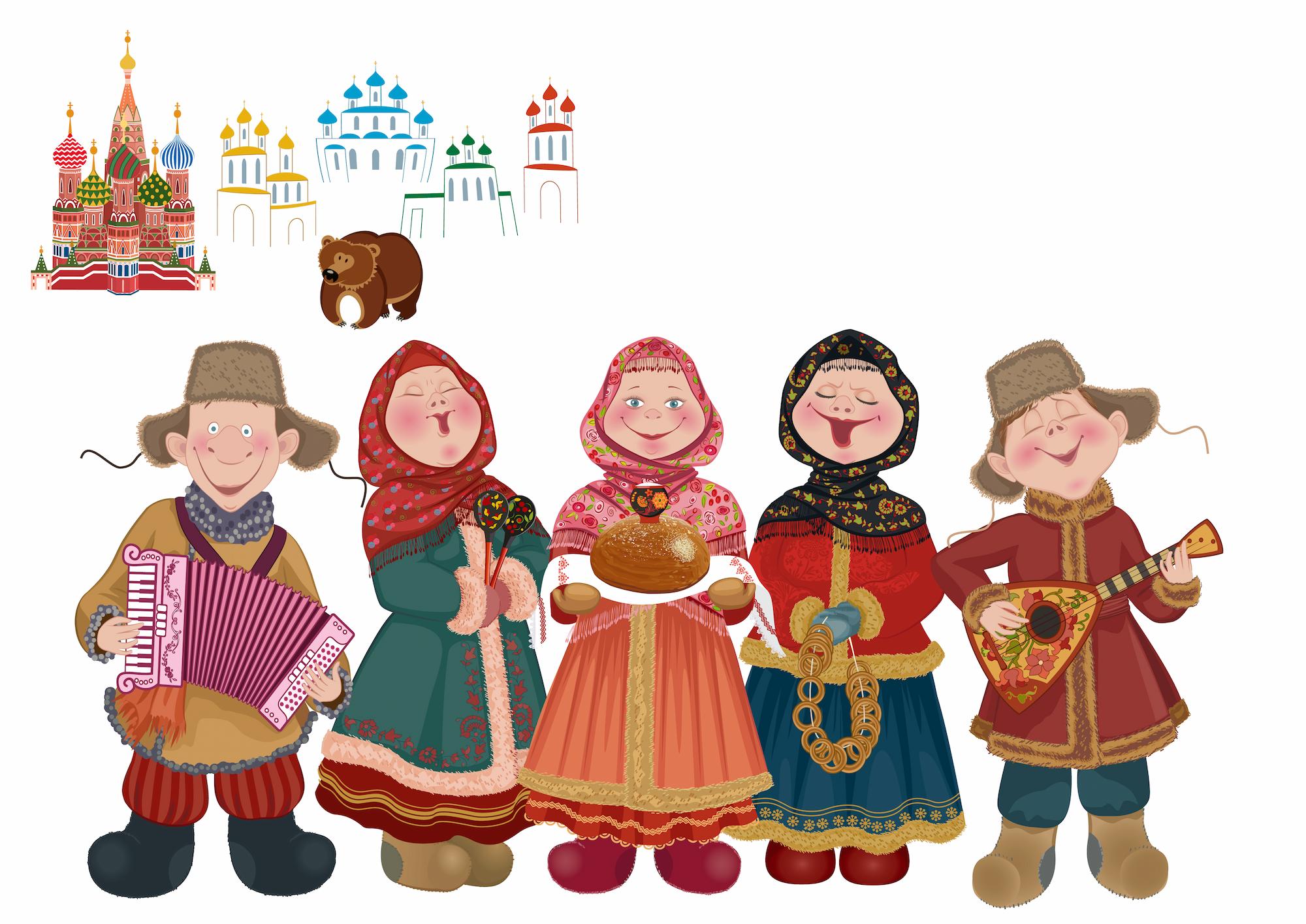There are numerous specific moments in the Bulgarian national culture that are unusual (and easy to notice).
First of all, Bulgarians love their country and enjoy speaking about their national identity, history, and politics (always a popular subject).
They have a great respect for their ancestors, and respect their cultural and religious customs.
There are many interesting facts about Bulgaria. For example, Bulgaria is one of the oldest European countries. It was established in 681 AD and it is the only country that hasn’t changed its name since then.
Carl Sagan selected the Bulgarian folk song “Izlel e Delyu Haydutin” for the Golden Record which was sent in space onboard the Space Probe Voyager 2 [1].
Bulgaria, along with Turkey, produces 80-90% of all the rose oil. According to history, the Thracian gladiator Spartacus was born in Bulgaria in 111 BC (more specifically on the territory that the modern-day Bulgarian state occupies).
And there is much more to know about this country! If you are interested in learning more about Bulgaria, take a look at this article about the most interesting facts about Bulgaria.
From a cultural perspective, Bulgarian folks have more than just a few uncommon practices based on widely spread superstitions.
Table of Contents
Bulgarian People Facts
1. Stepping On New Shoes
If you buy new shoes in Bulgaria, your Bulgarian friends will step on them. Regardless of the fact that they might be white (the shoes, and also the people).
Sounds awkward, but in fact, it is a genuine expression of wishing you joy with your new pair of shoes.
Stepping on your shoes doesn’t mean that your friends will gather and jump on your feet, but rather lightly tap your shoes.
This particular custom is mainly common amongst the younger population. However, there are few different unusual ways of congratulating something. For example, if you get a haircut, you will get a light slap on your neck.
This may seem strange to a foreigner, but in Bulgaria this is a friendly gesture of wishing you good fortune with your new haircut.
Oh, and your Bulgarian friends might congratulate you after you’ve taken a shower. No worries, they will just say “Congrats” and leave you be.
2. Never Leave Windows And Doors Open At The Same Time
There is a wide-spread belief in the Balkans, that draught is deadly. This is the most common reason for shouting at your family members and kids – Don’t play/sit in the draught or you will get sick!
Therefore, Bulgarian folks never leave a window and a door, or two windows open at the same time – because of the “techenie” – the Bulgarian term for a draught.
Although folks in Bulgaria, and all around the Balkans, may seem too upset about this issue, there is a logical explanation. The current of cool air in a confined space may not kill you, but apparently it is not recommendable for the muscles and the bones.
So, this might not be that much of a superstitious behavior (it’s more of a public health concern issue).
3. Head Shake for Yes and Nodding for No
Here’s a little task – Just try to say ‘Yes’ and shake your head ‘No’. Or the other way around – Say ‘No’ and nod ‘Yes’. How strange does it feel? Is it even possible to manage it? Well, Bulgarians do it [2].
Bulgarian folks nod their head for ‘No’ and shake it for ‘Yes’. They are the only Slavic folks who do so. All the others practice the ‘usual’ way, except for the Bulgarians and the Greeks.
4. A Lot of Old Folks (Among the Oldest Citizens in Europe)
According to UN statistics, 25% of the population in Bulgaria are folks over the age of 60, which makes Bulgaria the fifth nation with the highest percentage of elderly people in the world.
But although Bulgaria is among the leading countries in the world in the number of elderly folks, at the same time, they are among the countries with the lowest life expectancy.
Elders in Bulgaria are very respected as wise and experienced, and are often cared for by the members of their family. They share their knowledge and educate the younger generations, and are often the best storytellers.
They are full of stories about the Bulgarian nation, history, and politics, as well as religious and social issues.
Bulgarians are very close to their families, and not only parents, but also grandparents.
Superstition – Part Of Their National Identity
Have you ever felt that you should be more careful on Friday 13? Or have you ever believed that breaking a mirror means seven years of bad luck?
Or that a black cat crossing your path means death in the family? If your palm itches you will get some money?
Have you ever wondered how anyone ever came to believe that a double knock on wood would reverse the bad luck? Are these fortunes just floating in the air and we pick them up with a certain unpredicted and unplanned event such as finding a horseshoe?
People from all around the world, belonging to different ethnic and national groups, traditions, religions, and cultures, all have certain beliefs. It is because folks have always been curious to understand the unusual events around them.
And they were quite creative in explaining those events.
There are numerous superstitions that are shared among the Slavic population. Some of them are bizarre while others may be logical. However, they are all interesting.
Throughout the centuries, Bulgarians were influenced by Romans, the Slavs, ancient tribes and ethnic groups that lived on that territory, the Ottoman Empire, the Bulgarian Orthodox church, as well as various different nations from West and Central Europe.
The Bulgarian national identity and the Bulgarian culture are a very interesting social and ethnic mixture. It is not a surprise that so many different beliefs and practices exist in modern Bulgarian society.
5. If You Are Scared Spit In Your Shirt
This superstition is the most peculiar superstition in Bulgaria. Apparently, spitting in your bosom has some magical power of encouraging you while you are scared (In my opinion this should be a part of every culture in the world!).
According to ethnography, there are many cultures around the world where spitting is related to the supernatural.
People spit on something, for something, and to something. It is a demonstration of courage and preparedness of the subject over the invisible supernatural world.
So spitting in your own shirt while being afraid, keeps the things you are afraid of, away from you. For example, if you walk alone in the dark and you are afraid of the darkness itself, spitting in your bosom will keep you safe (at least that’s what folks believe in Bulgaria).
When it comes to spitting, Bulgarians also spit when they give a compliment to somebody. For example, if they meet a cute baby or a person with beautiful features, they would spit (or just imitate the sound of spitting) while saying “Oh pretty you” or “You’ve grown up” (What a nation. eh?).
6. Many Bulgarians Wear a Red Thread on Their Wrist
Red threads are the most spread Bulgarian ‘amulet’ that keeps one from ‘bad eyes’. You will be surprised to see how many Bulgarians actually wear those treads.
Some wear them because they respect the traditional beliefs and customs that are still part of the Bulgarian culture.
There are many who wear them because they actually believe that red treads are protective (the best public health measure before wearing masks was introduced).
‘Bad eyes’ means that folks are envious and that their envy might cause you bad luck in your life. They might be envious of success, physical looks, fortune, luck, and anything else for that matter. Wearing a red thread will protect your good fortune.
It is the Bulgarian variant of the Nazar Boncuk charm or Turkish Eye Bead, which also might be an ethnic leftover from the Ottoman rule in the country.
7. Mothers Are Often Spilling Water for Good Luck
Spilling water is a folk custom in Bulgaria, Turkey, Serbia, and some other Eastern European countries.
Moving water is perceived as pure, taking all the negativity from one place. That’s why, (usually) mothers are the ones who spill water when their children start their first day of school, have exams, are graduating, are getting married and so on.
For every important event, water is spilled behind the person’s back so that any possible bad luck will disappear with the flowing water.
Running water also symbolizes mobility and ease of movement, so spilling it also means wishing someone a good flow of their work.
8. Opening an Umbrella Inside Is a Blasphemy
You should never ever open an umbrella inside because it brings bad luck (instantly). The origins of this belief are quite murky.
It is a still-existing cultural phenomenon that people avoid opening umbrellas inside. And not only in Bulgaria. This belief exists in various other modern places.
For example, there was a Roman woman who opened her umbrella only moments before her house collapsed. Also, the British legend about a prince who accepted two umbrellas from a visiting king and died only a couple of months later.
This superstition may be similar to the one “Don’t walk under a ladder” which also exists in Bulgaria and also means bad luck to do so.
However, both superstitions might have a practical purpose which is preventing folks from doing anything that may be slightly dangerous.
And that’s not all folks.
There are many more superstitious beliefs in Bulgaria such as:
“Never leave your purse on the floor because you won’t have money”; or “Never go back once you get out of your home because it will bring you bad luck during the day”; “Never sit at the edge of the table because you will never get married” and so on.
The territory of the present-day Bulgarian nation stands in the region where the ancient Thracian civilization existed (before they were conquered by the Roman Empire).
The Thracians were known for their gold-making, fierce warriors, and the gladiator Spartacus. So you shouldn’t be surprised if you get around some Thracian tombs, as there are some 15,000 of them spread around the country.
9. UNESCO Heritage Sites
There are seven cultural and three natural UNESCO Heritage Sites in Bulgaria:
The ancient city of Nessebar which is situated on the shores of the Black Sea;
Boyana Church on the outskirts of Sofia has one of the most complete and perfectly preserved monuments of east European medieval art;
The Madara Rider, a unique relief, representing a figure of a knight triumphing over a lion. It is carved into a 100-m-high cliff near the village of Madara in north-east Bulgaria;
Rila Monastery – founded in the 10th century by St John of Rila is a monument that symbolizes the awareness of a Slavic cultural identity following centuries of occupation;
The Rock-Hewn Churches of Ivanovo -a complex of rock-hewn churches, chapels, monasteries and cells, located in the village of Ivanovo, in the valley of the Roussenski Lom River;
The Thracian Tomb of Kazanlak which contains the best-preserved artistic masterpieces from the Hellenistic period in the country;
The unique Thracian Tomb of Sveshtari is a beautiful architectural survivor of the culture of the Getes;
The Ancient and Primeval Beech Forests of the Carpathians and Other Regions of Europe;
The Pirin National Park and Srebarna Nature Reserve.
The highest peak on the Balkan Peninsula is located in Bulgaria – Musala peak with an altitude of 2925 meters high is located on the top of the Rila mountain.
Although high, Musala is not so difficult to climb up. Rila mountain is part of the Rila National Park where you can hike the route of Rila’s seven lakes and also visit the Rila monastery.
10. The Cuisine
One of the most important things in this country is the cuisine. To really enjoy Bulgarian cuisine you have to relax and give yourself time for all the small table rituals.
The meal can start with the famous Shopska Salad, made from tomatoes, cucumbers, onion/scallions, raw or roasted peppers, sirene (white brine cheese), and parsley that is best served with rakia – the national brandy (and extremely popular in Eastern Europe) [3].
Or with Tarator – a yogurt and cucumber soup [4].
One of the most popular meals is the Kebapche (just like anywhere else in the Balkans), which is grilled minced meat with spices. The meat is pork or beef.
Then a must-try-food is the fish – a grilled sea bass, sea bream, the fried scat and the red mullet, and the calamares.
Another must-try is the Banitsa – a popular pastry in all Balkan countries. It is made with eggs, filo pastry, filled with eggs and baked in the oven. There are many variations in the filling, both salty (spinach, leeks, cabbage) and sweet (apple, pumpkin with sugar, walnuts).
And the golden rule – if a grandma (it doesn’t have to be yours) invites you to eat you can’t refuse. Actually, it is kind of impossible to refuse.
Also, no matter how much you eat they will never be satisfied and will often sit next to you and just keep saying how little you eat. So, no matter what – eat everything that a Bulgarian grandma cooked for you.
Related articles:
16 Most Popular Bulgarian Dishes
The Bottom Line
This country has a little bit of everything for anyone’s taste – It has unique architecture all around, ancient monuments, beautiful sand beaches, great mountains for hiking, tasty cuisine, and very warm and friendly people.
The best of all – even though it is part of the EU, Bulgaria is still relatively cheap.
If you liked this article make sure to check out this one about Ukrainian people.
References
- https://solarsystem.nasa.gov/missions/voyager-2/in-depth/
- https://pubmed.ncbi.nlm.nih.gov/22915258/#
- https://www.restoranibeograd.com/en/news/drink-like-a-serbian-everything-you-need-to-know-about-rakia-1/
- https://www.food.com/recipe/tarator-bulgarian-cold-cucumber-soup-62181




